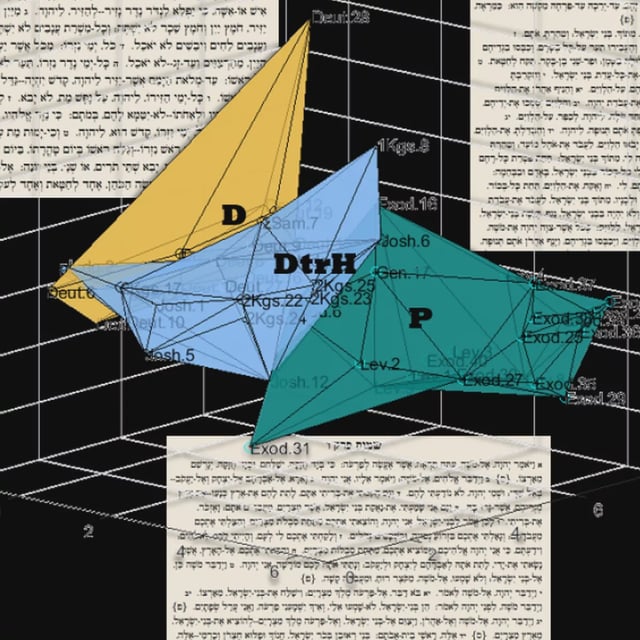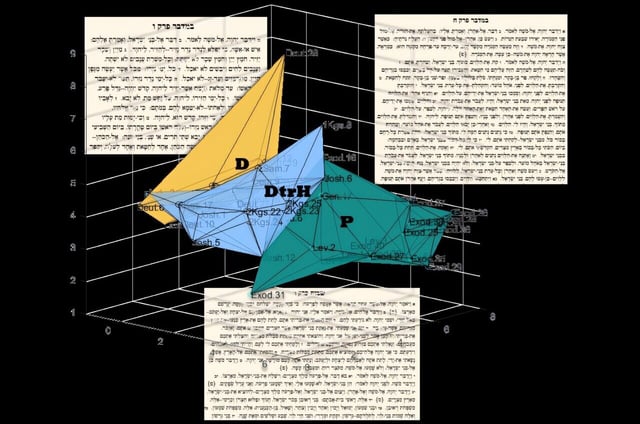Overview
- An international team led by Duke University’s Shira Faigenbaum-Golovin and Israel Finkelstein used an AI-based statistical model to analyze word usage and sentence patterns across the first nine books of the Hebrew Bible.
- The model distinguished three scribal traditions—Deuteronomistic History, the Book of Deuteronomy and priestly texts—by detecting subtle variations even in simple words such as “no,” “which” and “king.”
- When applied to debated chapters, the AI tool assigned likely authorship to contested passages and provided transparent explanations of the statistical criteria behind each attribution.
- Analysis uncovered that sections of the Ark Narrative in 1 Samuel did not match any of the three identified corpora, suggesting influence from an unrecognized source.
- Researchers plan to extend their methodology to other ancient manuscripts such as the Dead Sea Scrolls and to assess the authenticity of disputed historical fragments.


